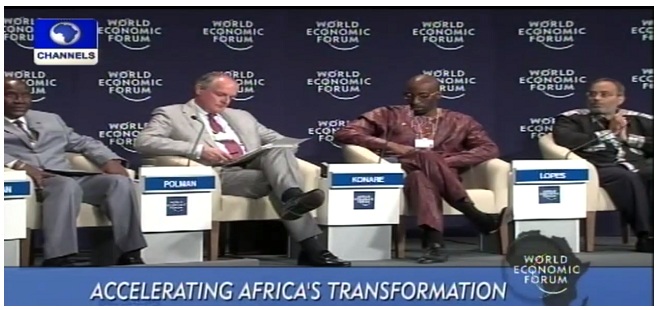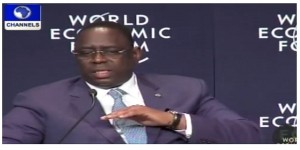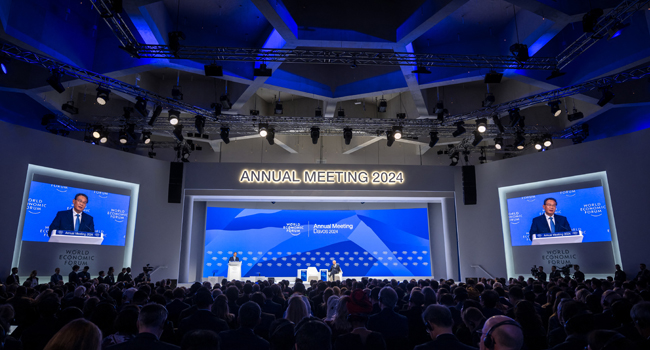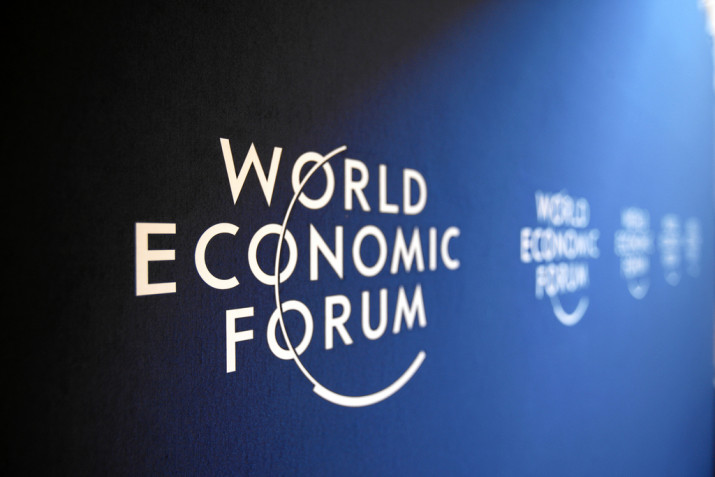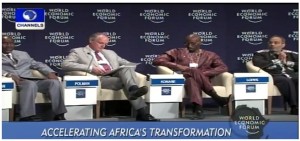
In a plenary on Friday with the theme “Accelerating Africa’s Transformation”, some African leaders discussed how to move the continent forward and how the continent can actualise the 2063 development agenda set by the African Union (AU) in line with the Millennium development Goals (MDGs) developed in the year 2000.
In 2013, the African Union decided that the continent should be targeting the next 50 years as an era of human development. The Agenda 2063 will be achieved through a more enhanced economic agenda that is built around the MDGs, the union had said.
That was the focus of the discussion at the forum.
Cross Cutting Issue
For the last decade Africa has been on a steady growth trajectory and there is need for an all-inclusive growth, a reason for the theme of the 24th session of the World Economic Forum on Africa held in Nigeria, “Forging Inclusive Growth, Creating Jobs”.
Africa is focusing on job creation, creating and setting the right infrastructure to enhance economic development and exploring agriculture.
The need to empower individual Africans to enable them meet the growth target was also emphasised at the session that had the President of Senegal, Macky Sali, Nigeria’s Minister of Finance, Dr Ngozi Okonjo-Iweala, Prime Minister of Cote D’Ivoire, Mr Daniel Kablan Duncan and Chief Executive Officer of Unilever, United Kingdom, Paul Polman amongst others as the discussants.
President Sali stressed the impact that education could have on the actualisation of the goals set by the AU, explaining that in Senegal, the government had invested a lot in education which he said was “a cross cutting issue”. He pointed out that investment in education could only yield fruits on a long term.
“Efforts have been made in the last 10 years so that universal access to education should be a reality in Senegal.
“You have the education rate at a level that is more than 95 per cent.
“We have a reality issue in African Muslim countries where Islamic education is not taken into account in reality.
“Our goal could be attained by 2015 if we maintain the momentum with regards to access. We also changed our approach by combining the issue of quality education, with the establishment of a new programme which is a package of access with equity education,” he said.
Give Them Work
President Sali also said that the government was also looking at professional training, having vocational training and professionalising education.
The Prime Minister of Cote D’Ivoire stressed the need for security in the sub regions, in order for growths recorded to be sustained.
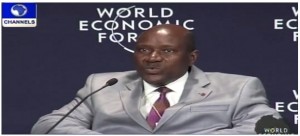
“We are not only speaking about fight within countries but also against terrorists. As far as Cote d’Ivoire is concerned, we have come out of this since 2011 and we have put in place a National Security Council and we have a very good result on that. The index came down, moving from 4 to 1.2,” Mr Duncan said.
He also pointed out the importance of education, citing the case of Asian countries and South America. “What helped them to be at the level they are now is education.
“In the 70s we were quite at the same level with these countries but now they have made huge progress because of education that their people embraced,” he said, further emphasising that “a reliable way of reducing poverty is not to distribute subsidies to the people.
“It is to give them work,” Mr Duncan stressed, identifying agriculture as an important means of providing the jobs.
Fundamentals For Business
For Mr Polman, the Agenda 2063 should be reviewed downwards to 2030, as the growth rate currently seen in Africa showed that the continent could eradicate poverty within the next 15 years.
“Fifteen out of 20 countries that have made the biggest progress towards the MDGs are in Africa. The fast growing countries in the world are in Africa. 1,100 people showed up at the world economic forum, one of the highest numbers that has been recorded.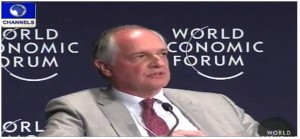
“It is not 2063 but 2030. In the next 15 years we can eradicate poverty. The most important thing is to do it in the most equitable way. In Africa itself, still 60 million people living in poverty is not going to last. When you have 40 million of your youth unemployed and you need to create two million jobs a year it is not going to last,” he said.
He pointed out that if the fundamentals – good governance, institutions functioning, peace and the rule of law – are in place Africa had enormous opportunities with fundamentals for business.
He stressed the need to educate young Africans especially the education of women in order to achieve an all-inclusive growth.
He urged African leaders to step up and face the responsibility of running Africa.
Growth Inequality
Nigeria’s Minister of Finance, Dr Ngozi Okonjo-Iweala, said that Africa was failing in the area of maternal mortality, stressing that saving lives is vital.
“There is no reason a woman should die in child birth today.
“As we move to the post 2015 we must continue the work that had not been accomplished under the earlier MDGs and complete it, along with infant mortality,” she said, emphasising the need for African leaders to work hard to achieve the goals as soon as possible.
She said that Africa was experiencing inequality in the growth that some countries in the continent were recording. 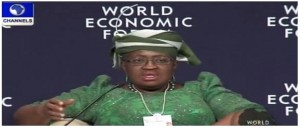
“Inequality has been increasing in Nigeria despite growths recorded. The quality of growth we are delivering has to be improved. We must look at sectors that will include many more people,” the Minister of Finance said, also citing Agriculture as being three times more effective in lifting people out of poverty than any other sector.
“Trying to do what we are doing here in Nigeria where we have turned to make agriculture attractive to young people making it a business,” she said.
Dr Okonjo-Iweala also pointed out that that there was productivity gap, in spite of the growth that Nigeria was recoding.
“There is infrastructure gap, skills gap, we are not creating jobs and we are not producing young people with the right skills,” she added.
The discussants also deliberated on the issue of insecurity with focus on Nigeria, currently experiencing insurgency in the north east.
Some 200 girls were abducted on April 14 by members of the Boko Haram in a school in Chibok, a town in Borno State.
The abduction has been condemned by world leaders, as it could discourage young Nigerians in the region from going to school thereby scuttling efforts made in the education of girls in northern Nigeria.

